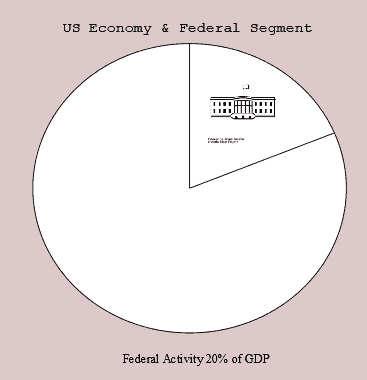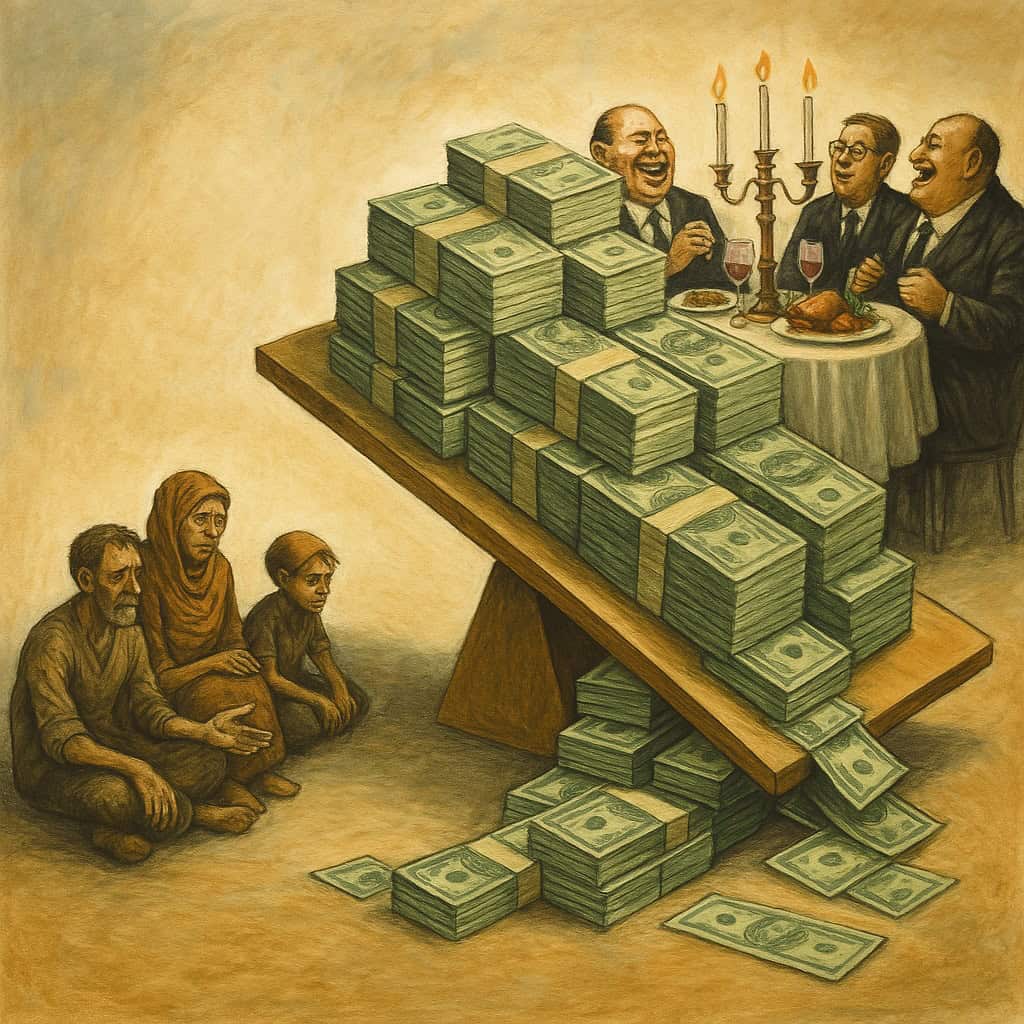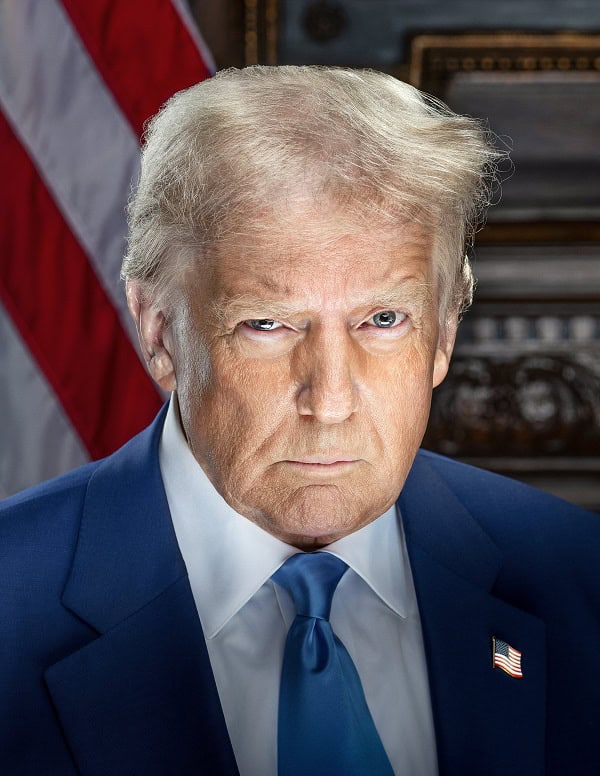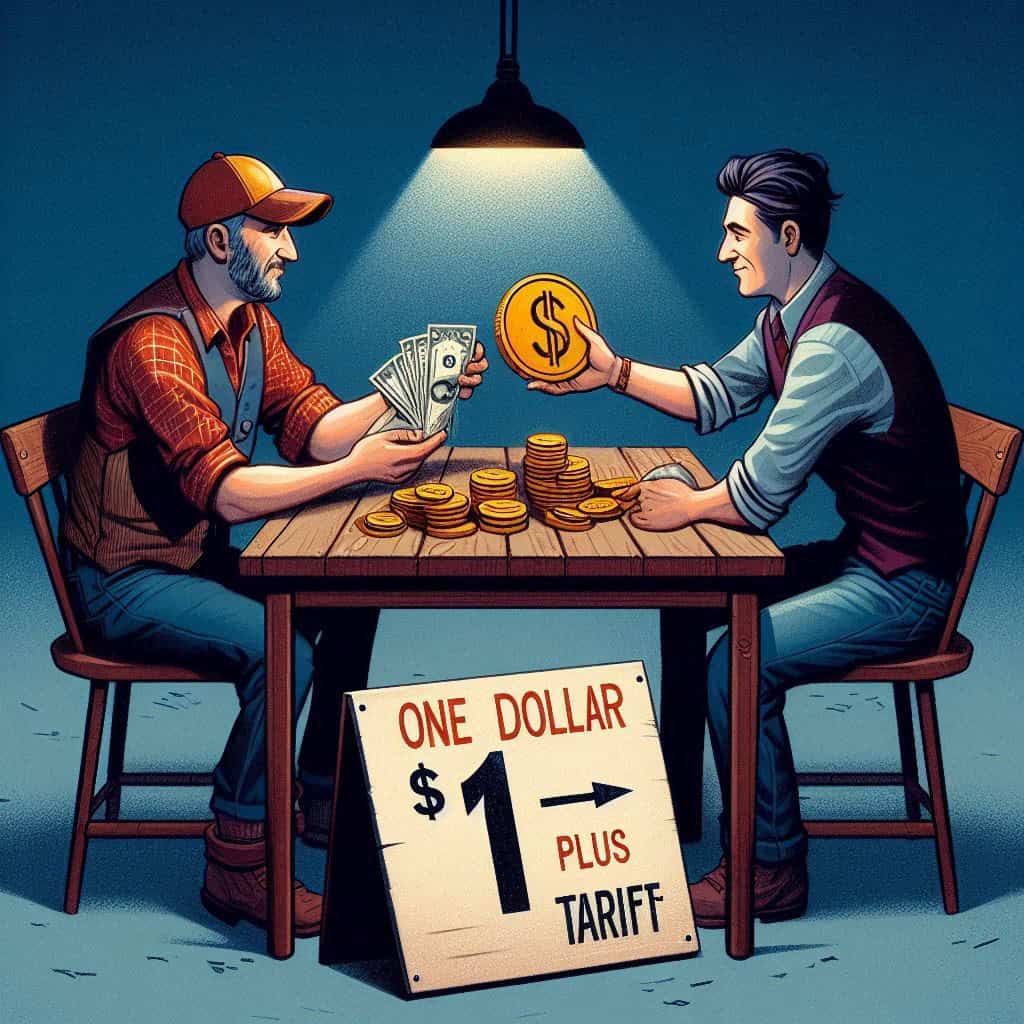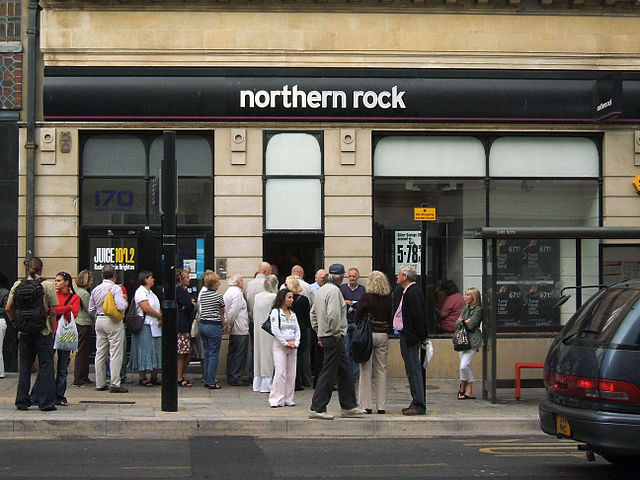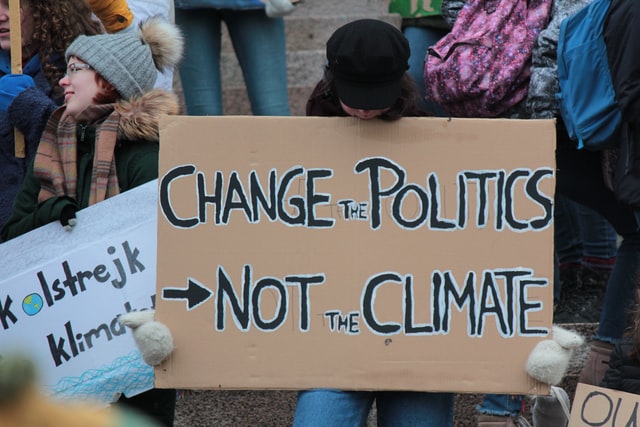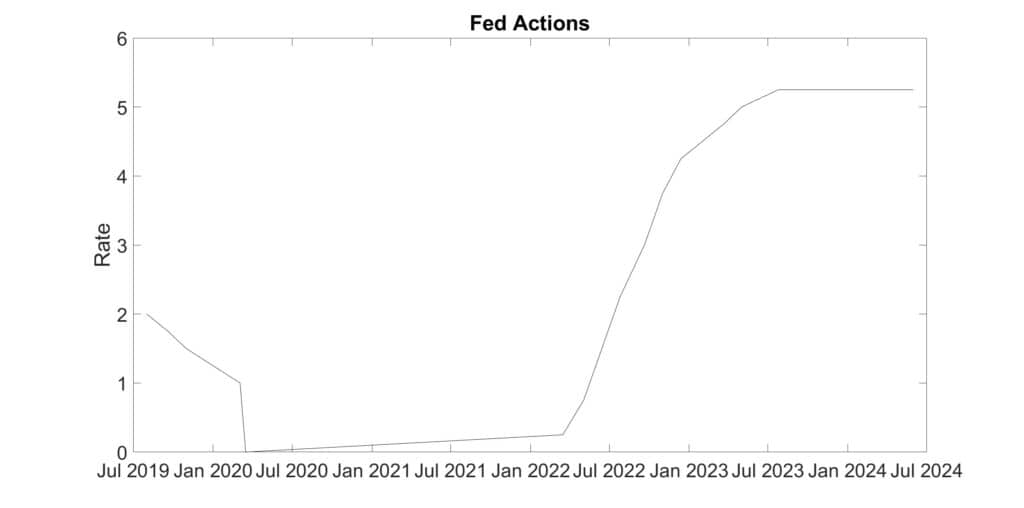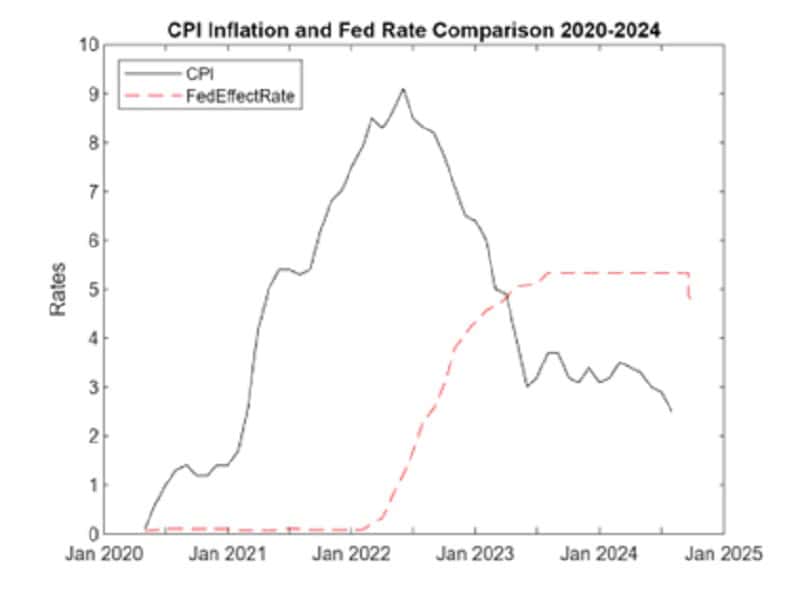Government Economic Policy Importance
Government Buying
Although the United States has huge free markets, they do not encompass the entire national economy. The US federal government is by far the largest economic enterprise in the country.
The federal government budget is 20% of the US GDP. That’s a significant fraction. The fraction of the US economy outside the free market shrinks even more when we consider that state, local, municipal, and non-profits each remove further economic activity from market forces.
Activities Beyond Market Forces
Numerous, desirable activities require coordinated effort to bring together the vast amounts of money required and the energy expended to benefit the nation’s citizens.
Market forces do not lead to sensible decisions in certain types of economic activities, as when the good benefits everyone only a small amount, while the aggregate worth to the society is large and is costly. No one person can afford it, but together the citizens can. Examples are clean water, bridges, airports, safe food and drugs, etc.
Regulations
Free market forces can be subverted by unethical restraint of information as when a business enterprise withholds information about problems with its product. Market forces only produce good decisions when all information is available to both sides of a transaction.
Also since modern life is so complex, no person is able to keep current on all the facts and information required for informed purchases. There is the need for independent, responsible oversight. We have invested that power in agencies like FDA, which require independence from the enterprises they oversee.
Responsibilities
The selection of projects of national interest and the spending to accomplish them affect the nation’s GDP more than any single corporation. Also to ensure that free markets are not distorted by hidden information, the federal government must regulate particular economic activities.
